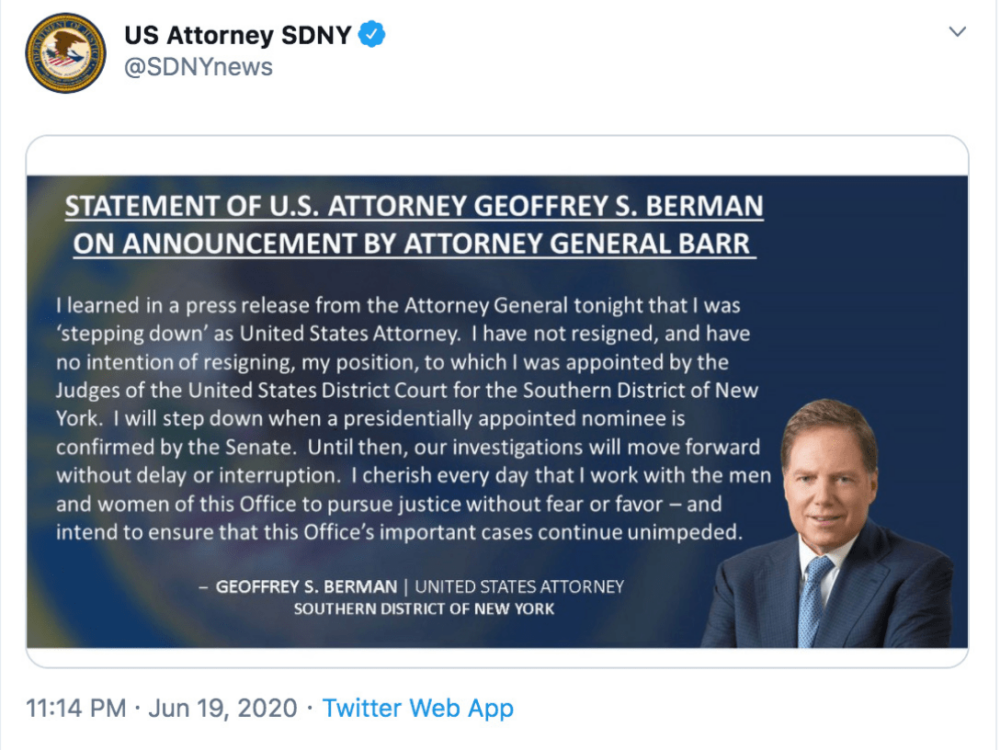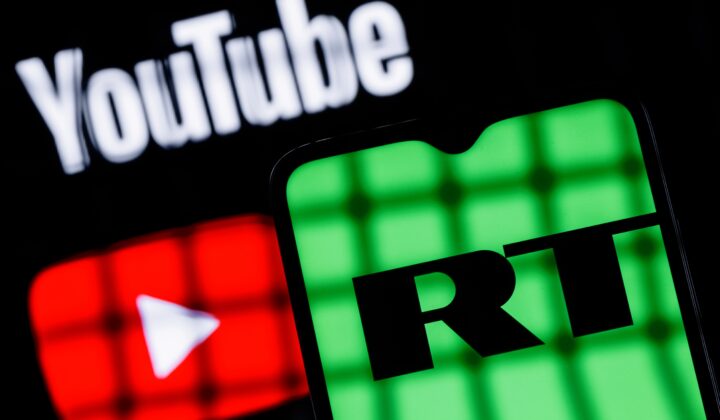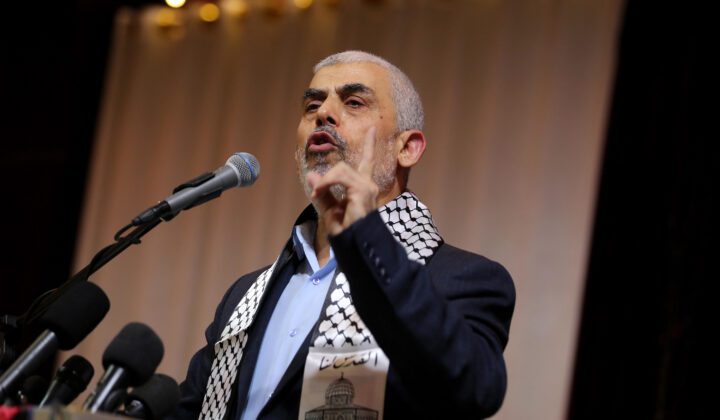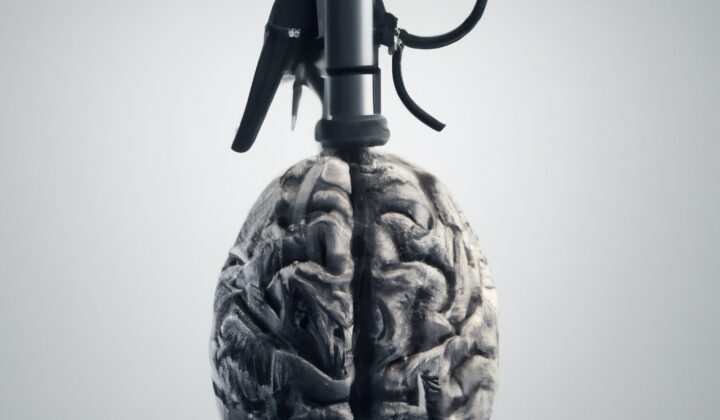Showdown at the Southern District of New York
Late Friday night, Attorney General (AG) William Barr announced that acting U.S. Attorney for the Southern District of New York (SDNY) Geoffrey Berman would be “stepping down,” citing President Trump’s intention to nominate SEC Chairman Jay Clayton to the position. Only an hour after Barr released his statement, Berman repudiated the AG’s claim, stating that he had not resigned and did not intend to do so. Berman said he would remain in the position until the Senate confirmed the nomination of his successor to ensure that ongoing investigations would continue without interference. In response to his refusal to resign, Barr sent Berman a letter on Saturday indicating that President Trump had fired him and named Deputy U.S. Attorney Audrey Strauss as the acting U.S. attorney until a successor could be confirmed by the Senate. Later that day, Berman formally stepped down, affirming that he “could leave the District in no better hands.”
The showdown between Main Justice and Berman led many to question whether Berman had been removed in order to disrupt current investigations into Trump allies, namely his personal attorney, Rudy Giuliani. The removal also came just days after John Bolton revealed that President Trump had privately assured Turkish dictator Recep Tayyip Erdoğan that “the Southern District prosecutors were not his people” as the two discussed a case in SDNY involving Turkish bank Halkbank.
- What does this mean for the independence of the US Attorney for the SDNY?
Maintaining rule of law means that law enforcement officials should be independent from political considerations. This separation ensures that political figures do not take advantage of their positions to advance their own agendas. The SDNY, in particular, has developed a reputation for independence, even to the extent that it is sometimes referred to as the “Sovereign District of New York.” In the past, Berman’s office successfully prosecuted Trump’s longtime personal lawyer Michael Cohen, charged two of Rudy Giuliani’s associates with campaign finance violations, and was one of several offices that investigated the President’s business ties with Deutsche Bank.
However, the facts surrounding the removal of Geoffrey Berman, who is himself a registered Republican and previous Trump donor, suggest that the independence of the US Attorney’s Office for SDNY is under threat. Trump’s intended nominee, SEC Chairman Jay Clayton, not only has little experience in the type of litigation necessary to hold the position, but is also close with the President (having recently played a round of golf with him). Furthermore, the fact that Barr haphazardly tried to oust Berman during the graveyard slot on Friday night with no viable replacement is an alarming departure from the normal appointment process. At the very least, it suggests that Barr wanted to set up Clayton with a prized position at the cost of strong leadership at SDNY. It could also indicate that Barr and the President felt so threatened with Berman’s ongoing investigations that they were forced to abruptly replace a US attorney. Either way, evidence points to an Attorney General and a President whose actions threaten both the independence of the US Attorney’s Office for the SDNY and the Department of Justice, as a whole.
- Is this behavior par for the course for Barr?
Let’s begin by considering Barr’s actions since taking office. First, Barr has been demonstrably dishonest when speaking about issues sensitive to the President. The lie that Geoffrey Berman had stepped down (when he clearly hadn’t) is just the latest in a history of misleading statements to the public and to Congress, which included his inaccurate characterizations of the Mueller report before it was released. Second, by dismissing the Michael Flynn case, recommending a lighter sentence for Roger Stone, and refusing to investigate the Ukraine whistle-blower complaint, Barr has shown he intends to apply the law differently to political allies of the President. Lastly, Barr has gone to bat for the President on personal political issues such as when he defended Trump’s false claim that mail-in ballots lead to fraud. Barr cannot properly fulfill his role as Attorney General and represent the public interest if he continues to answer to the Trump administration before the American people. To be sure, legally speaking, Barr works for the President. However, Barr is not the President’s personal lawyer; his oath is to the Constitution. Thus while the AG has historically walked a fine line, recent events demonstrate that the democratic norm of a politically independent Justice Department has begun to erode.

Maduro Increases His Stranglehold on Power
Over the past few weeks, the Venezuelan Supreme Court, which is packed with loyalists of President Nicolás Maduro, has ordered that the leadership boards of the two major opposition parties in the National Assembly be replaced with Maduro allies. The National Assembly is the only branch of the Venezuelan government not controlled by Maduro and his political party, the United Socialist Party of Venezuela (PSUV). The Assembly had tried to end the Maduro dictatorship by electing Juan Guaidó as interim president, but the army remained loyal to the regime and massive popular protests failed to unseat Maduro. The unilateral restructuring of the Justice First and Democratic Action parties, as well the installation of a new pro-Maduro national electoral council to oversee upcoming parliamentary elections, is part of an effort to squash the last remaining site of opposition to Maduro within the government.
- How did Venezuela go from being a relatively well-off liberal democracy to a Communist dictatorship?
The story of modern Venezuela is a tragic example of how a healthy and prosperous democracy can crumble into a communist dictatorship in a single generation. When Venezuela’s charismatic populist leader Hugo Chávez came to power in 1999, Venezuela was a regional success story in terms of its wealth and democratic stability. However, after a botched coup against him in 2002, Chávez began to rule in an increasingly heavy-handed way. Dissidents were subject to arbitrary arrest and imprisonment, the Supreme Court was packed with Chávez supporters, and critical media outlets were censored or nationalized. Chávez was constantly on TV with his own talk show Aló Presidente as a way to communicate his propaganda directly to the people. Indeed, before we knew it, Venezuela’s democracy had morphed into a strongman regime.
And since Chavez’s death and the collapse of oil prices, the situation has only gotten worse. Nicolás Maduro has expanded on Chávez’s authoritarian legacy by putting major opposition figures in jail on spurious grounds, creating an illegitimate body to supersede the opposition-controlled National Assembly, and engaging in blatant manipulation of elections. Maduro has been able to survive by maintaining the support of a deeply corrupt military and authoritarian countries like Iran, Russia, and China. Since 1999, Venezuela has deteriorated from a wealthy democracy into a virtual one-party state beset by hyperinflation, malnutrition, and rampant drug trafficking. Just because a country has reached a high level of democratic development does not mean it will remain there.
- What are the implications for the United States?
Since the Chávez era, Venezuela has supported other left-wing authoritarian regimes in the Western Hemisphere like those in Cuba and Nicaragua, and has allowed authoritarian great powers like Russia and China to gain a firm foothold in the Americas. Therefore, further entrenchment of the Maduro dictatorship presents a challenge to the American commitment to global democracy. Nevertheless, since the US-backed Juan Guaidó has failed to gain considerable momentum since his assumption of the interim presidency in 2018, President Trump has expressed a willingness to possibly meet with Maduro. This would mark a dramatic shift from the administration’s hard stance on Venezuela set out by Secretary of State Pompeo. Although it is uncertain what direction the administration’s Venezuela policy will take, it is certain that as long as Maduro and the PSUV are in power, America’s enemies will have an opportunity to project their power into a region critical to US interests.

Supreme Court Surprises With Two Landmark Decisions
The Supreme Court recently handed down two landmark decisions that surprised observers on both sides of the aisle. First, in a 6-3 ruling, the Court found that Title VII of the landmark 1964 Civil Rights Act, which prohibits workplace discrimination based on race, religion, sex, and nationality, also extends to sexual orientation and gender identity. Neil Gorsuch wrote for the majority, joining Chief Justice John Roberts and the four liberal members of the Court.
And just a few days later, the Court ruled 5-4 that the Trump administration may not proceed with ending the Deferred Action for Childhood Arrivals (DACA) program. According to Justice Roberts, the administration’s actions were “arbitrary and capricious,” thereby violating the Administrative Procedure Act that dictates how federal agencies must propose and enact regulations. The Trump administration plans to continue its efforts to terminate DACA, but this time according to the guidelines set out by the court.
Considering the conservative majority on the Court, both votes were unexpected. The latter, in particular, caused President Trump to unleash an aggressive Twitter rant, asserting that those protected by DACA are “far from ‘angels.’” Meanwhile, Democratic leaders and immigration advocates praised the decisions as a key victory for the LGBTQ+ community and the country’s undocumented population.
- Why are these rulings important?
Our democracy was designed to uphold justice and equality for all, and the Supreme Court’s decisions affirm this core principle. The new ruling on Title VII expands on Obergefell v. Hodges (2015), which gave same-sex couples the right to marry, to protect gay, bisexual, and trans people from being fired based on their identity. Before two weeks ago, it was still legal in more than half the states in the US to discriminate against employees on these grounds. And the Supreme Court’s ruling on DACA protects hundreds of thousands of people from deportation from the only country they have ever known. Since 2017, the Trump administration has targeted DACA, which grants protections to roughly 700,000 immigrants who illegally came to the United States as children.
Importantly, while the administration may still try to eliminate DACA, the Supreme Court’s decision has at least temporarily stymied its ability to do so. In our democracy, decisions by the executive must be made rationally, transparently, and with respect to proper procedures. By enforcing the Administrative Procedures Act, Roberts reinforced a core element of accountable democratic governance.
- What do these rulings tell us about the Supreme Court?
First, the recent cases demonstrate that Supreme Court justices are in a position to make judgements they deem correct, even when they clash with the priorities of their political tribes. This is a benefit of the security of their life-time tenure. Indeed, in these two decisions, two out of the five conservative members ruled differently than we’d expect based on their political leaning.
Second, early on in the Trump administration, Roberts gave significant judicial deference to President Trump, respecting the stated intentions of the executive branch and notably allowing the travel ban to proceed. However, since then, he has arguably stopped giving the administration the benefit of the doubt. In 2019, in a 5-4 decision, Roberts rejected adding a citizenship question to the Census. The Secretary of Commerce had claimed that it would help enforce the Voting Rights Act despite the Commerce Department warning that it would not. And in the recent DACA case, another 5-4 decision, the Department of Homeland Security attempted to use a Justice Department memo that labeled certain DACA benefits as unlawful as an excuse to justify completely ending the program. It seems clear that Roberts will no longer countenance the executive’s bad faith approach to executive authority. Throughout his time on the Court, Roberts has consistently emphasized the importance of the judiciary standing up for the rule of law and providing a thorough checks and balances system.





